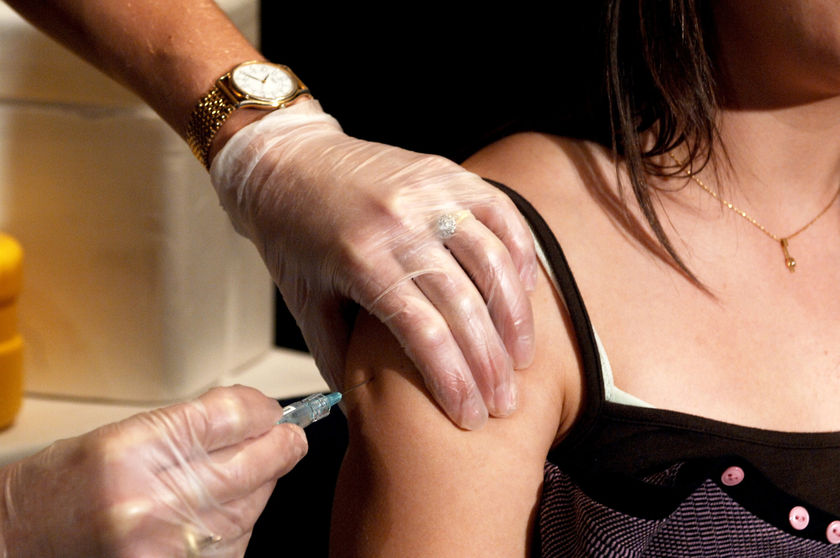As the government prepares to begin rolling out the coronavirus vaccine this week, a poll has found that the public are much more worried about taking the vaccine than they are about the virus itself. The findings follow other polling showing Poles to be more wary of taking the vaccine than are people in other countries.
In the new survey, conducted by Kantar, almost half of Poles (47%) said that they are more afraid of possible side effects of the vaccine than they are of the virus itself, reports Onet. Only 26% said they fear the virus more than the vaccine, while 27% said they do not know.
The same poll also found that only 30% of Poles trust the government with regard to use of the vaccine, while 55% do not. The most likely to trust the government were the elderly, the less educated and supporters of the ruling Law and Justice (PiS) party.
The government today confirmed that it is expecting the first batch of 10,000 Pfizer COVID-19 vaccine doses on 26 December, followed by shipments of a further 600,000 in the next two weeks. The European Commission and European Medicines Agency formally approved the vaccine yesterday.
According to the government’s National Vaccination Programme, approved at a cabinet meeting last week, Poland has ordered a total of 60 million doses of the vaccine from six suppliers.
The government plans to begin administering vaccinations this Sunday, the head of the prime minister’s chancellery, Michał Dworczyk, told TVN24. The first to receive them will be health workers, followed by the uniformed services, teachers and those aged over 60.
Jarosław Kaczyński has threatened to remove from the government any minister who says they will not vaccinate against coronavirus, according to an anonymous senior inside source
Kaczyński himself reportedly may vaccinate on camera to encourage the public https://t.co/ZyLmrsR0vO
— Notes from Poland 🇵🇱 (@notesfrompoland) December 22, 2020
The health ministry recently extended the deadline for medical staff to sign up for the vaccine, amid reports of low uptake. Only one third of staff at a hospital in Kraków volunteered for the jabs before the last deadline, reports Gazeta Wyborcza.
The vaccine will then be administered to the rest of the population on a voluntary and free basis, with the government claiming it has capacity to provide 3.5 million doses per month. It hopes to vaccinate at least 70-80% of the population
However, polling has suggested that it may be hard to meet this target. A United Surveys poll in November found 50.2% saying they “definitely” or “probably” would not vaccinate themselves. That was an increase on the 46.2% found by the same pollster in early October.
In another poll last week, only 17% of Poles said they wanted to be vaccinated as soon as possible. The survey – conducted by the Warsaw Medical University (WUM) and ARC Rynek i Opinia, a pollster – found that a further quarter of respondents would rather wait some time, while 38% do not want to be vaccinated at all, reports Gazeta Wyborcza.
Women and younger respondents (18-24 years) were among the most sceptical. Only 11% of women (compared with 24% of men) want to be vaccinated quickly, while 45% of women and young Poles do not want to have the inoculation at all.
In the summer, a global study by Ipsos found that Poles and Hungarians were among the least likely to take the vaccine when it becomes available. Only Russia (54%) came below them among the 27 countries surveyed.
On Tuesday Poland recorded 7,192 new coronavirus infections and 309 related deaths.
According to the new lockdown rules, which were officially published by the government on Monday night and will go into force after Christmas, those who have been vaccinated will be exempt from the limit of five guests from outside the household at private gatherings.
Those who have proof of having had the jab will also not be required to undergo 10 days of mandatory quarantine upon entering Poland.
Main image credit: VCU Capital News Service/Flickr (under CC BY-NC 2.0)

Maria Wilczek is deputy editor of Notes from Poland. She is a regular writer for The Times, The Economist and Al Jazeera English, and has also featured in Foreign Policy, Politico Europe, The Spectator and Gazeta Wyborcza.




















